One of the biggest benefits of Apple phones is their performance. Of course, it all depends on the chip used. While the competition in the overwhelming majority of cases relies on models from Qualcomm (branded as Snapdragon), Apple, on the other hand, uses its own solution for its iPhones, the A-Series, which it develops directly. At first glance, it may seem that the Cupertino giant is a bit ahead in the development of chips. But it is not so clear-cut. On the contrary, Apple has many more factors at play, thanks to which its phones directly excel in terms of performance compared to its competition.
It could be interest you
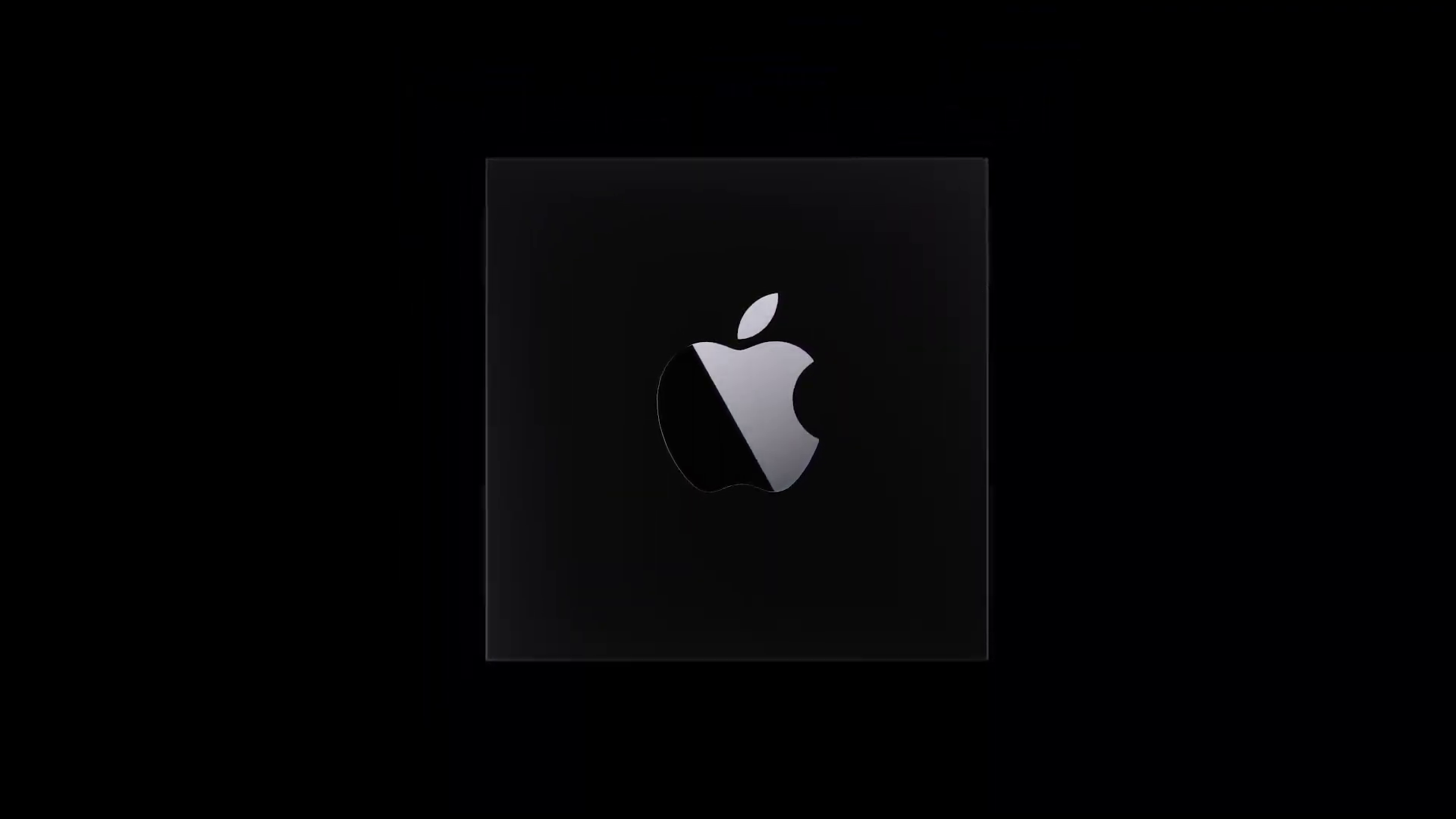
On the other hand, it is necessary to put everything in perspective. The fact that the iPhone may have the upper hand in some respects does not mean that competing Android phones are therefore unusable. Today's flagships have excellent performance, thanks to which they can handle practically any task. Minimal differences can only be observed during benchmark tests or detailed testing. In normal use, however, there are practically no differences between iPhones and the competition - phones from both categories can deal with almost anything these days. The argument that, for example, according to the Geekbench portal, the iPhone 13 Pro is more powerful than the Samsung Galaxy S22 Ultra, is therefore somewhat odd.
The key to great performance
Some differences between Apple and competing chipsets can already be found when looking at the technical specifications. For example, Apple uses a larger amount of cache memory, which can have a noticeable impact on overall performance. This is because it is a type of small but extremely fast memory that provides high-speed transfer to the processor. In the same way, for example, in the field of graphics performance, iPhones rely on Metal API technology, which is excellently optimized for the aforementioned A-Series chips. This makes rendering games and graphical content significantly faster and smoother. But these are only technical differences, which may play an important role, but on the other hand, they don't have to. The real key lies in something a little different.
Even though you may have the best hardware in the world, that doesn't mean your device is truly the most powerful. An extremely important role in this is played by the so-called optimization of the software to the hardware. And it is precisely in this that Apple has a huge advantage over its competition, from which, after all, its dominance in this respect results. Since the Cupertino giant designs its own chips and operating systems, it is able to optimize each other as best as possible and thus ensure their flawless operation. After all, this is precisely why iPhones are significantly weaker on paper than, for example, competing mid-range phones, the price of which can easily be twice as low. According to IT experts, this is a fairly innovative method that ensures perfect results.
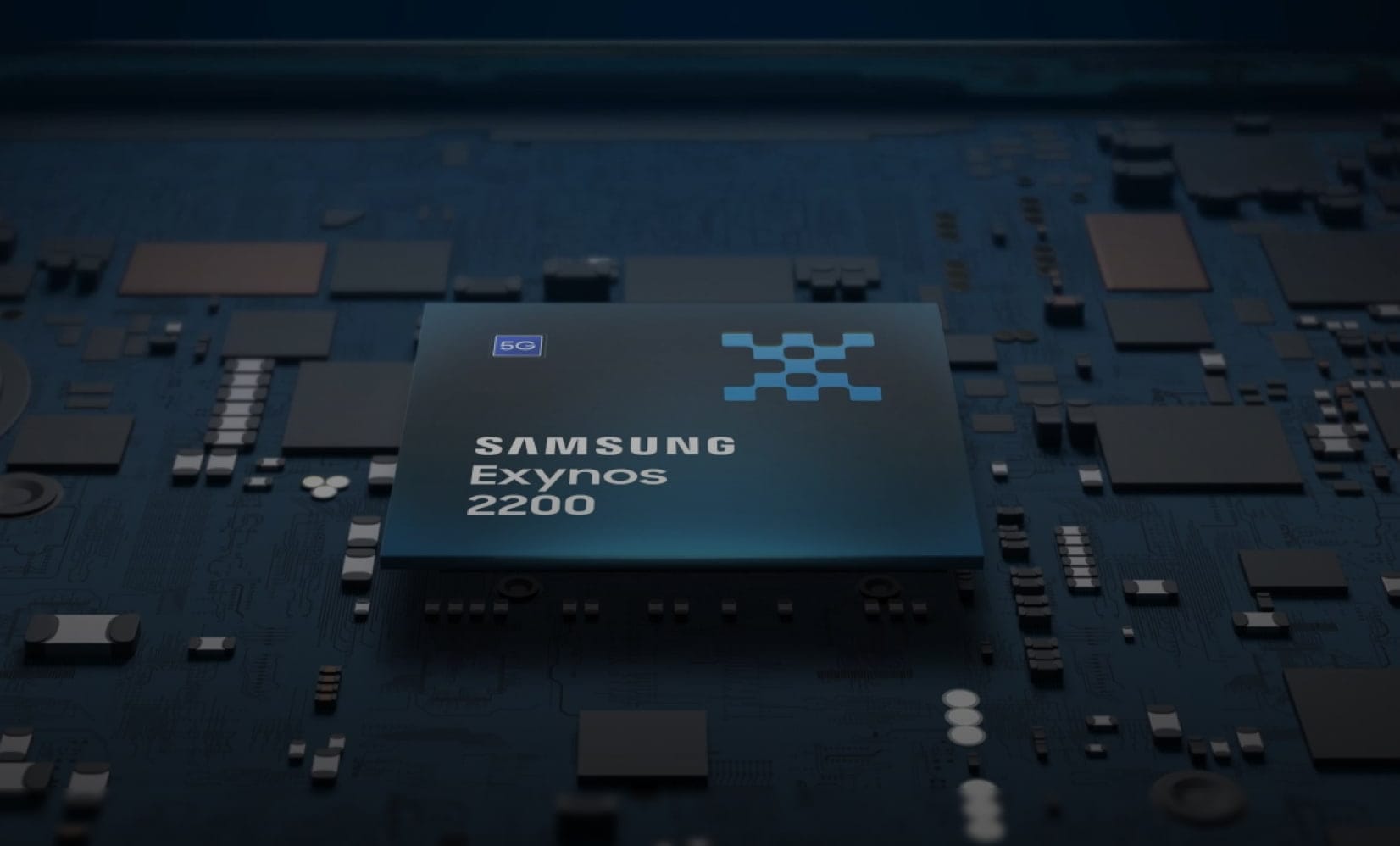
On the contrary, the competition takes chipsets from its suppliers (for example from Qualcomm), while not even developing the operating system itself. For example, Android is developed by Google. In such a case, it is not entirely easy to ensure the best possible optimization, and manufacturers often try to save this ailment by increasing various specifications - primarily operating memory. Google's actions also indicate this indirectly. For the first time, he relied on his own Tensor chip for his Pixel 6 phone, thanks to which he was able to significantly improve in terms of optimization and overall performance increase.
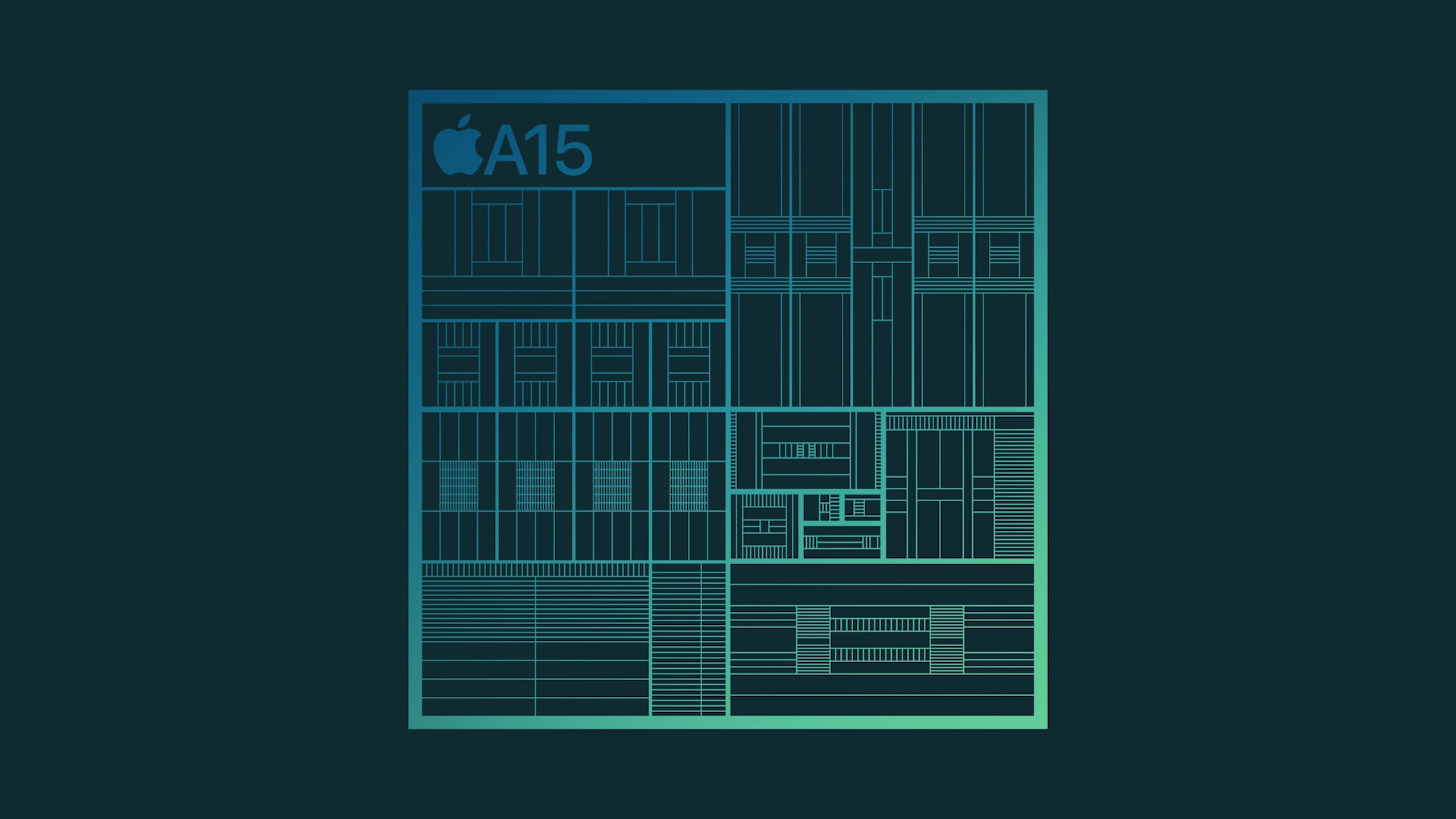
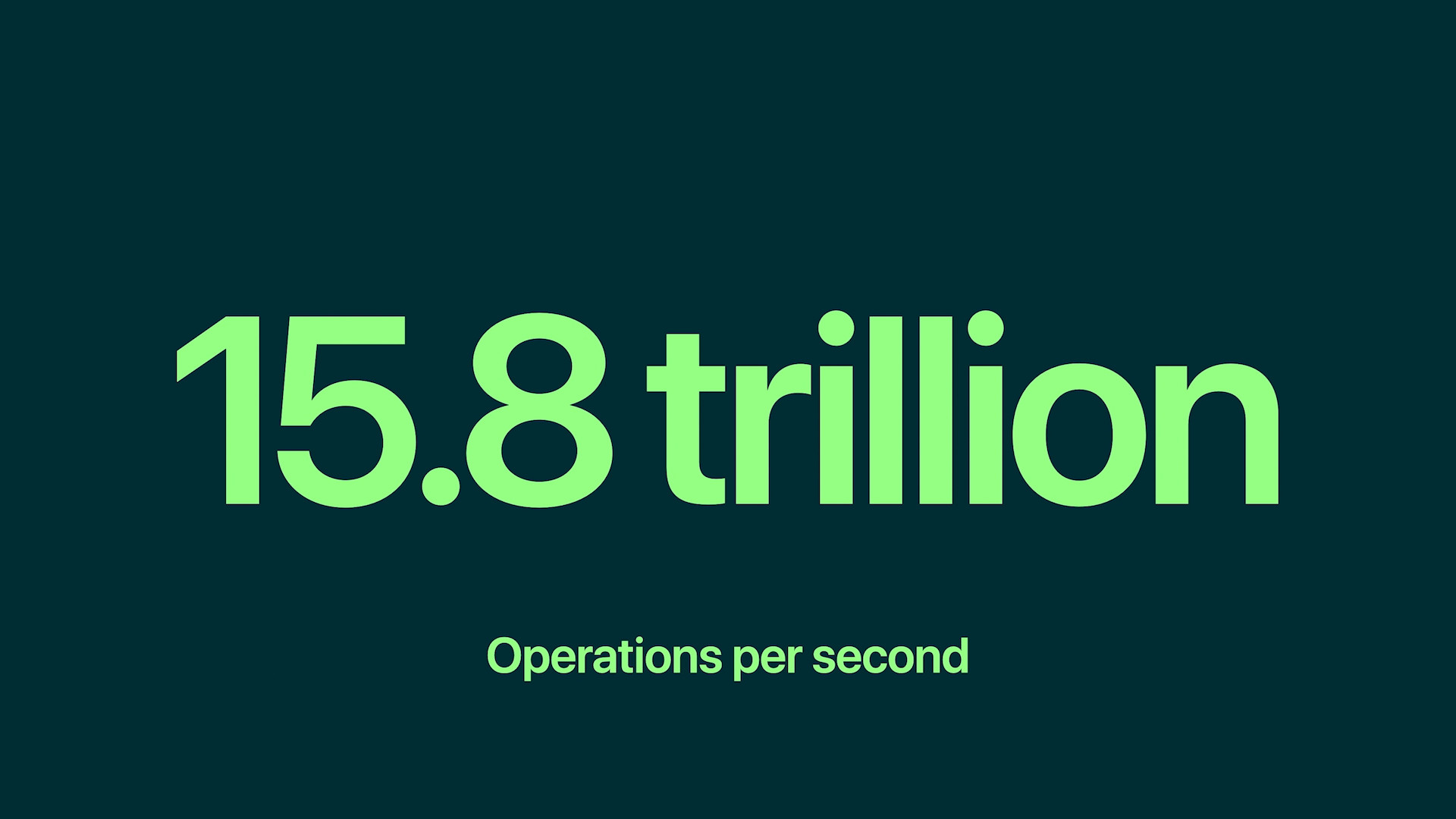
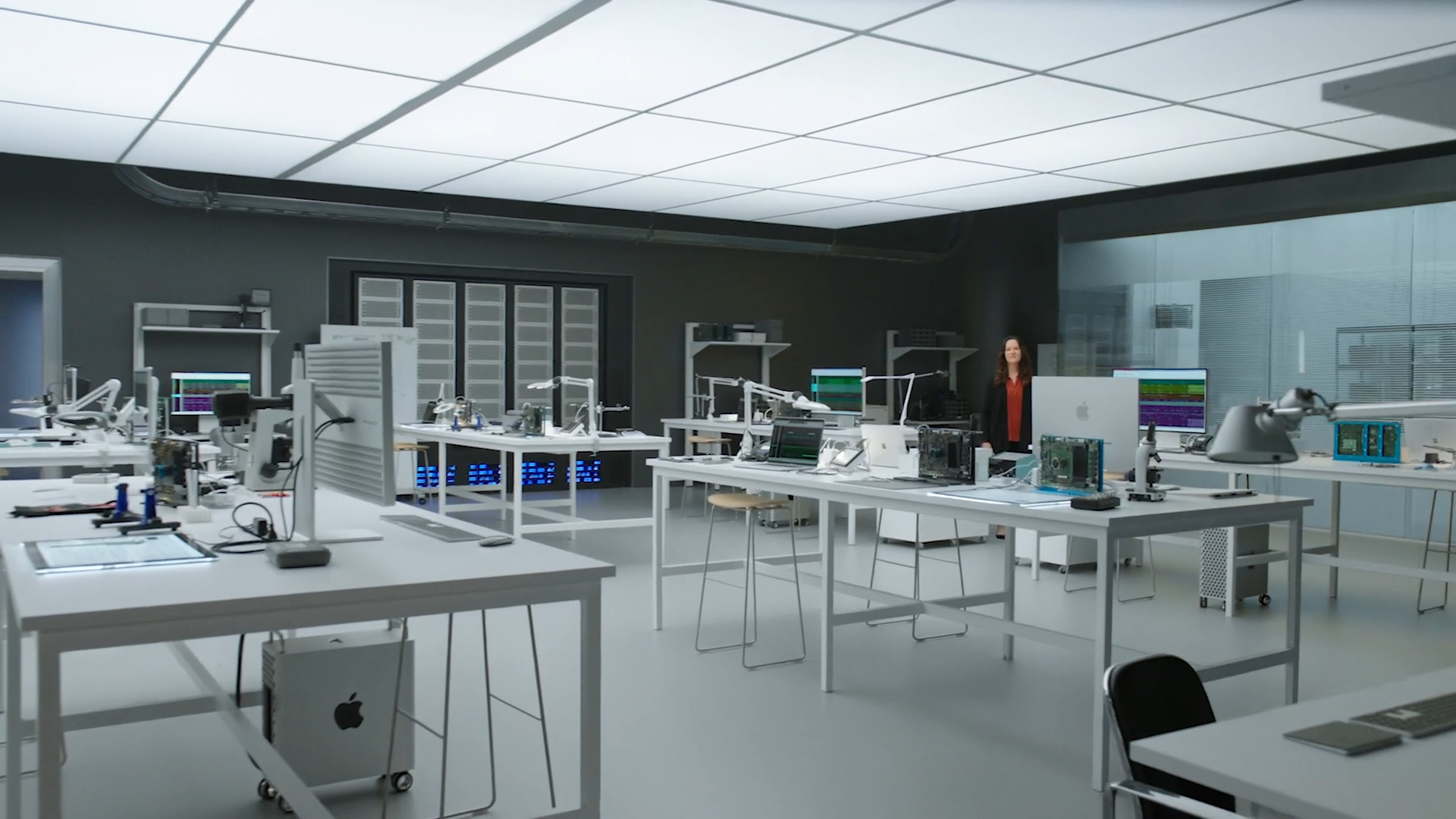
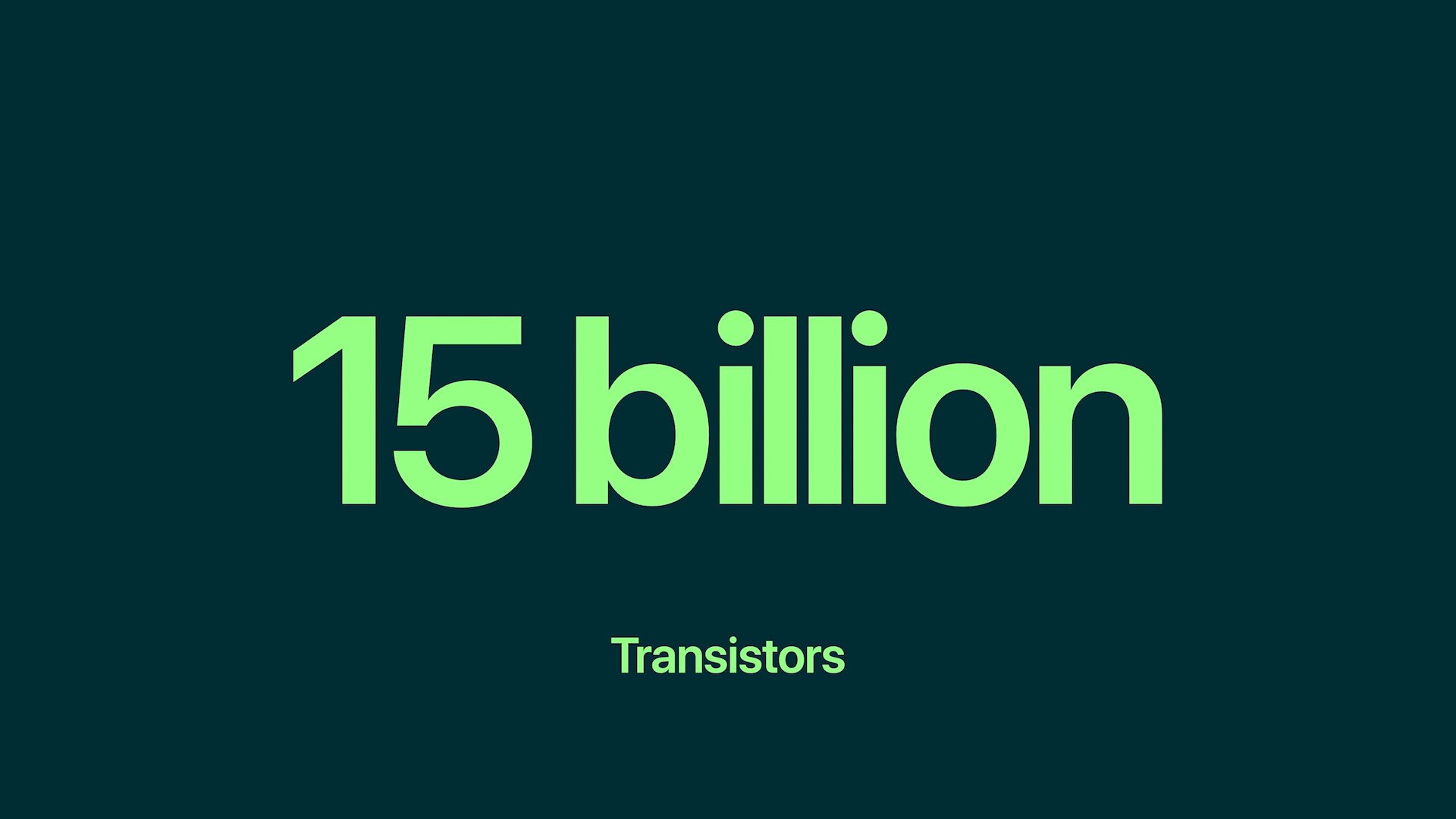
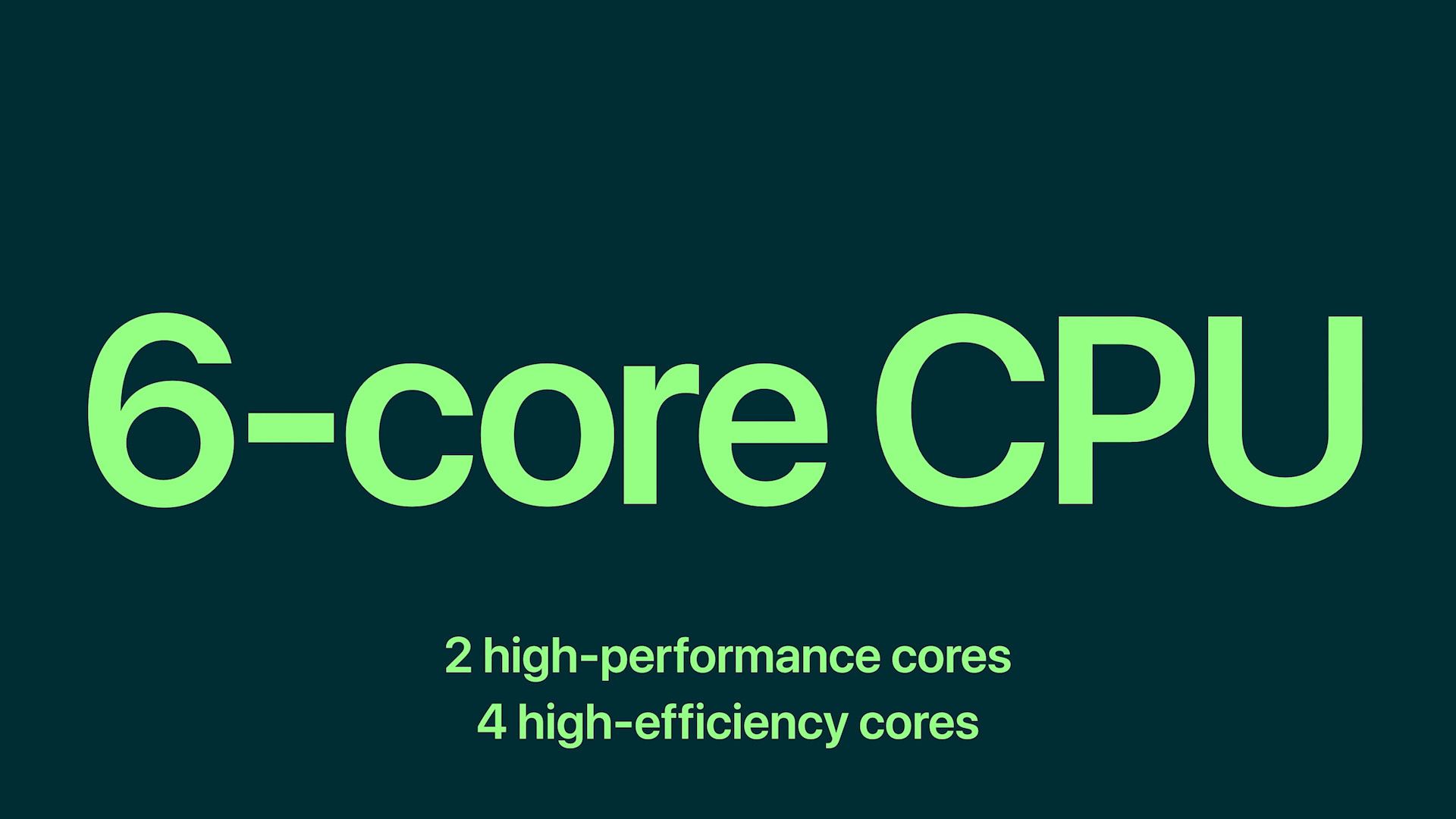
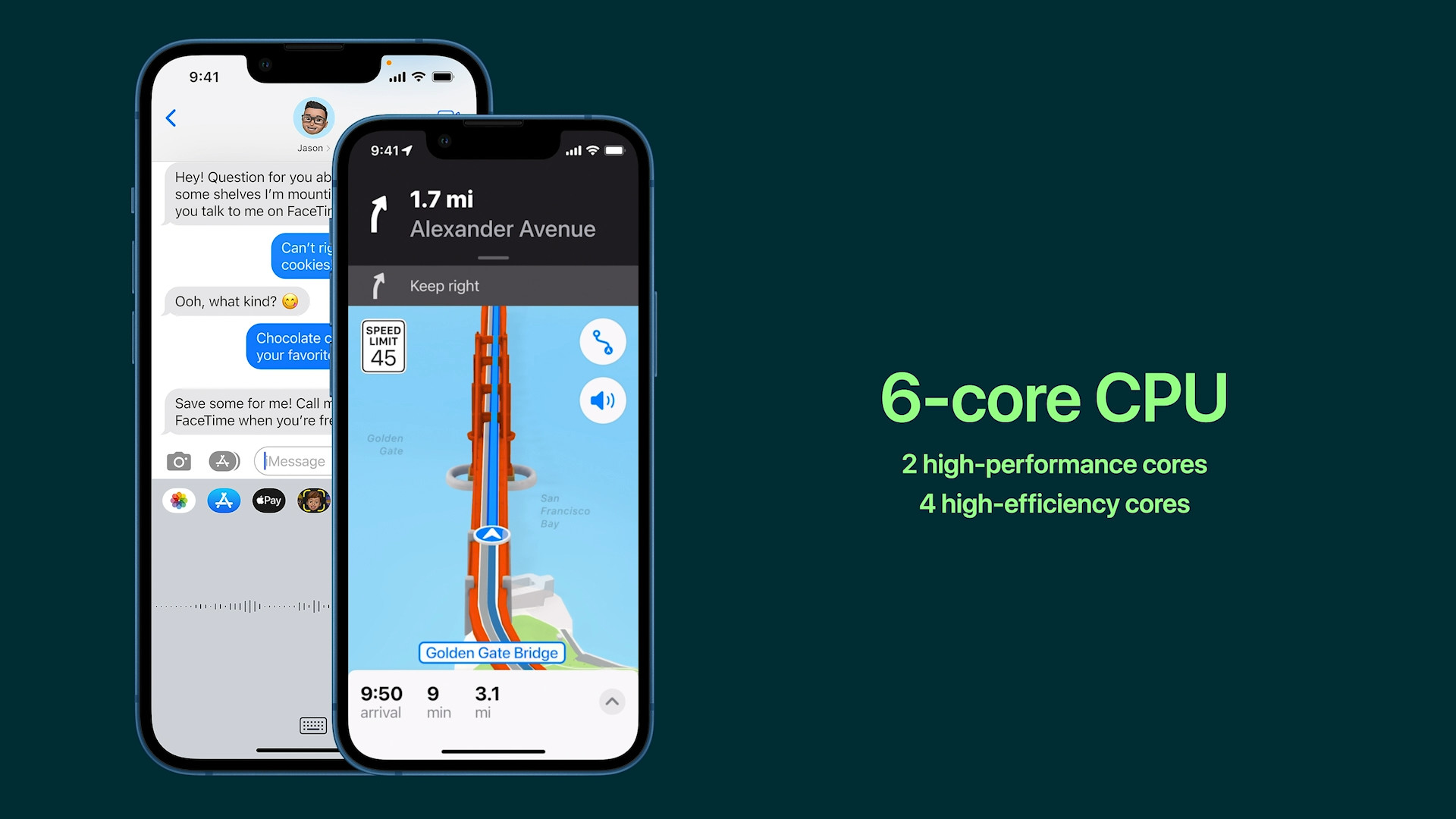
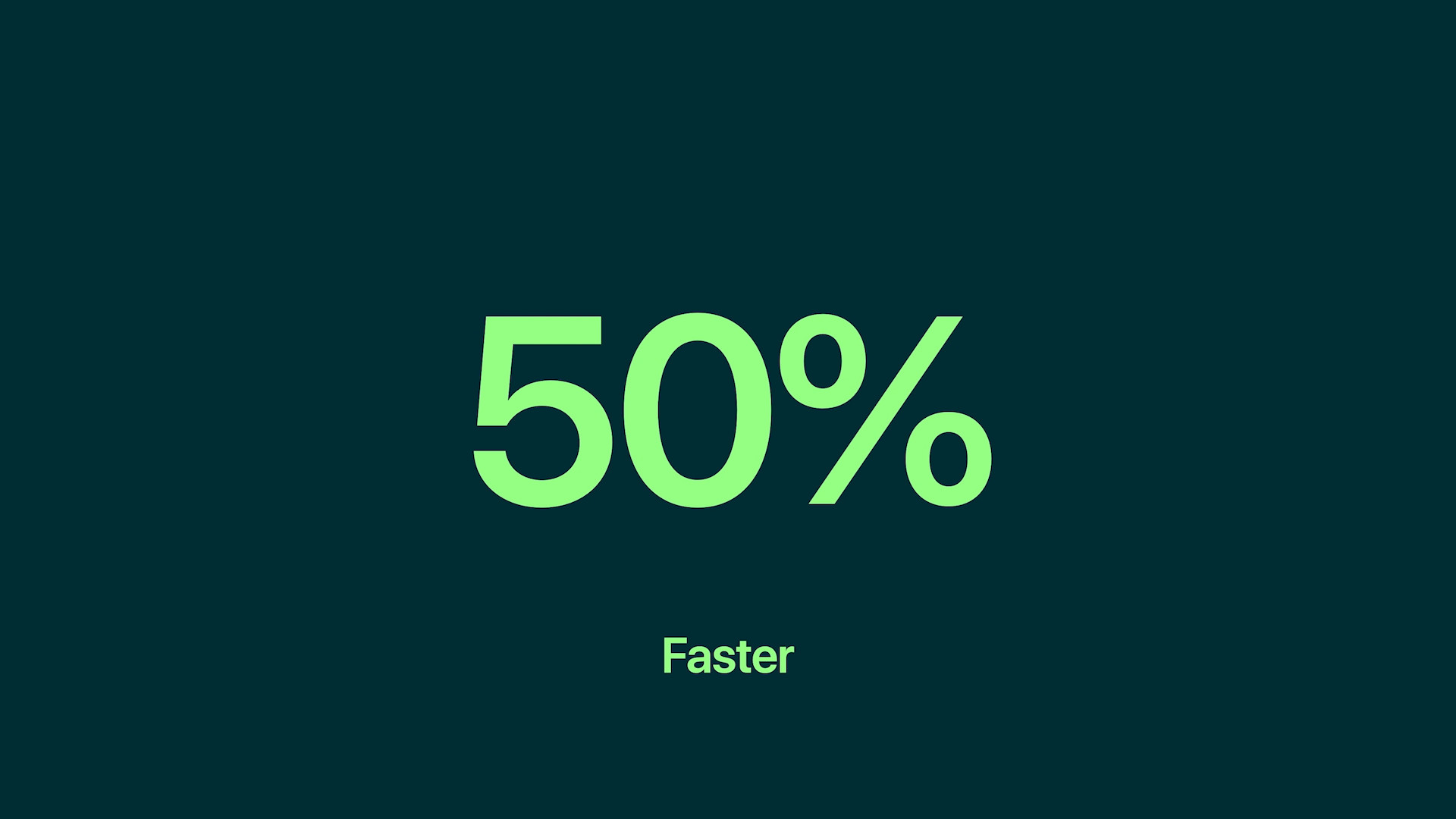
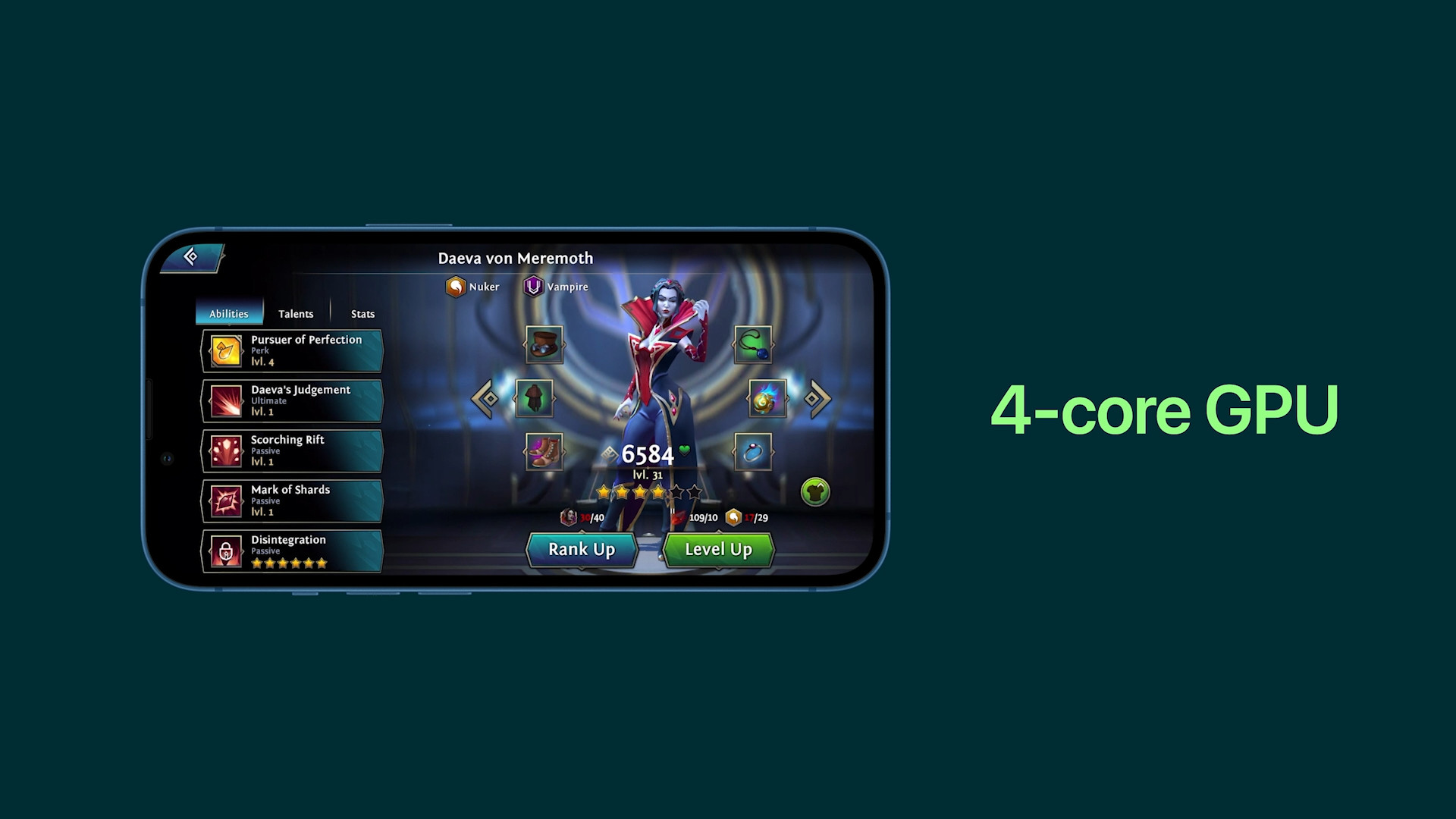
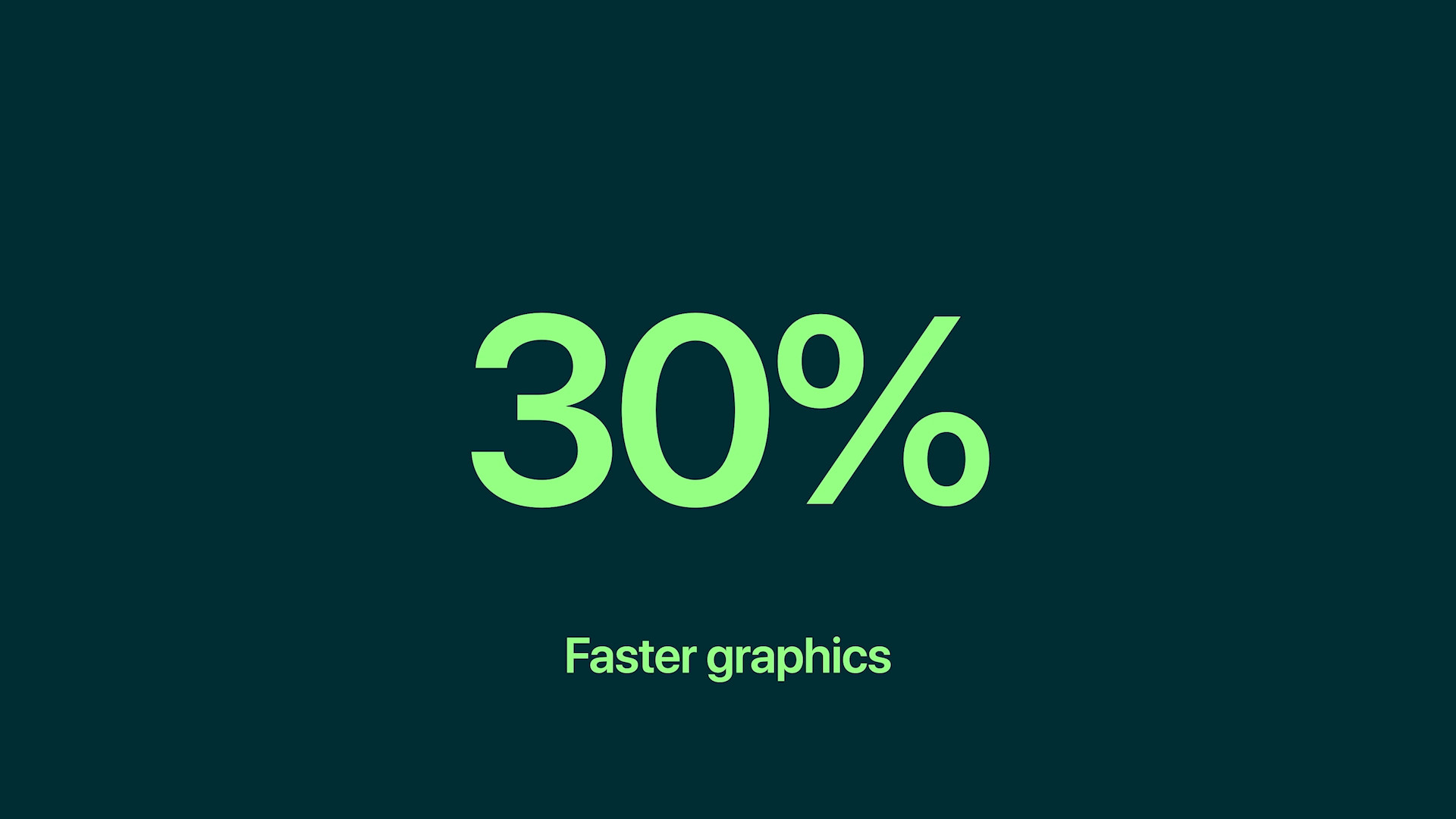

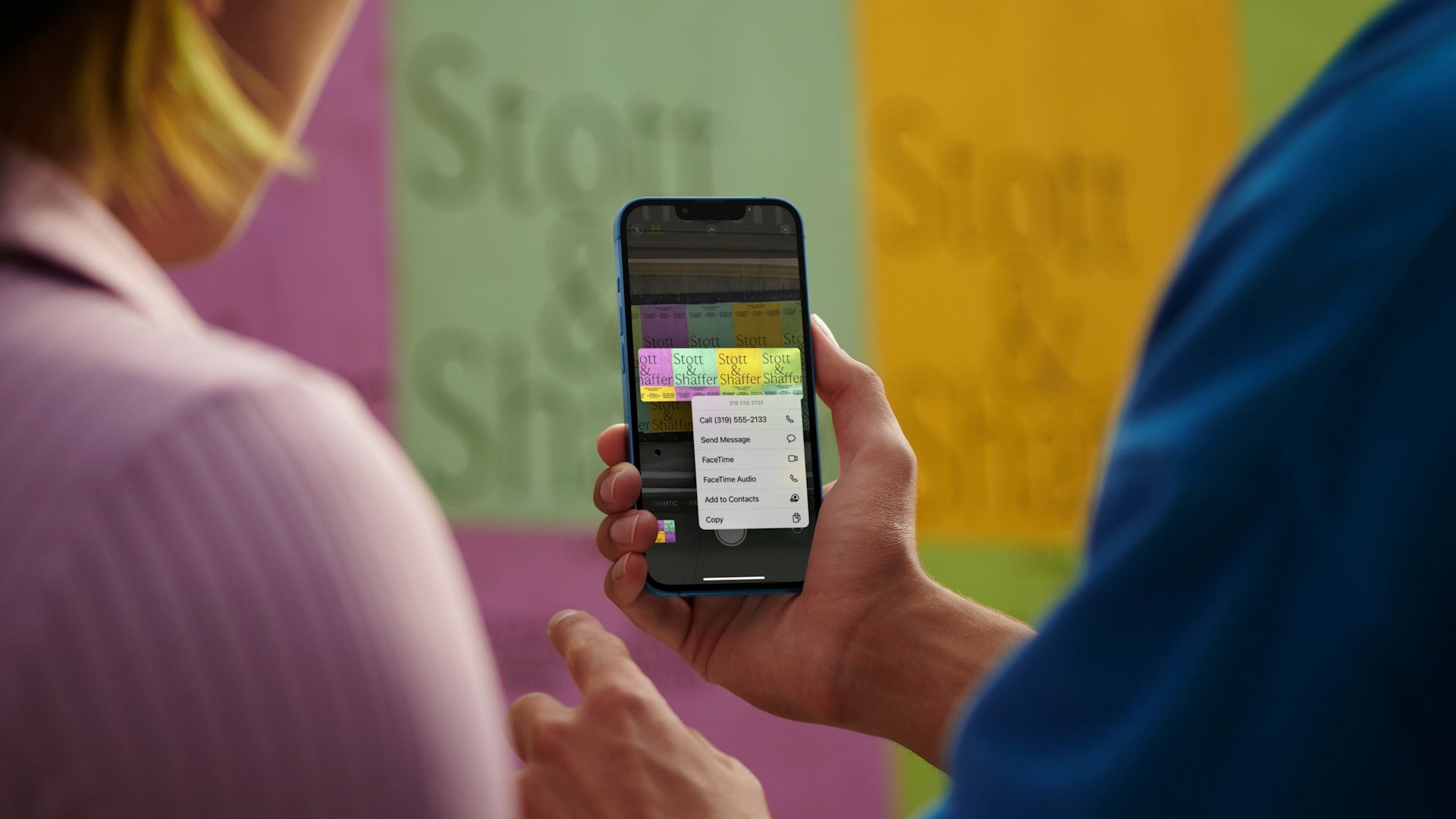

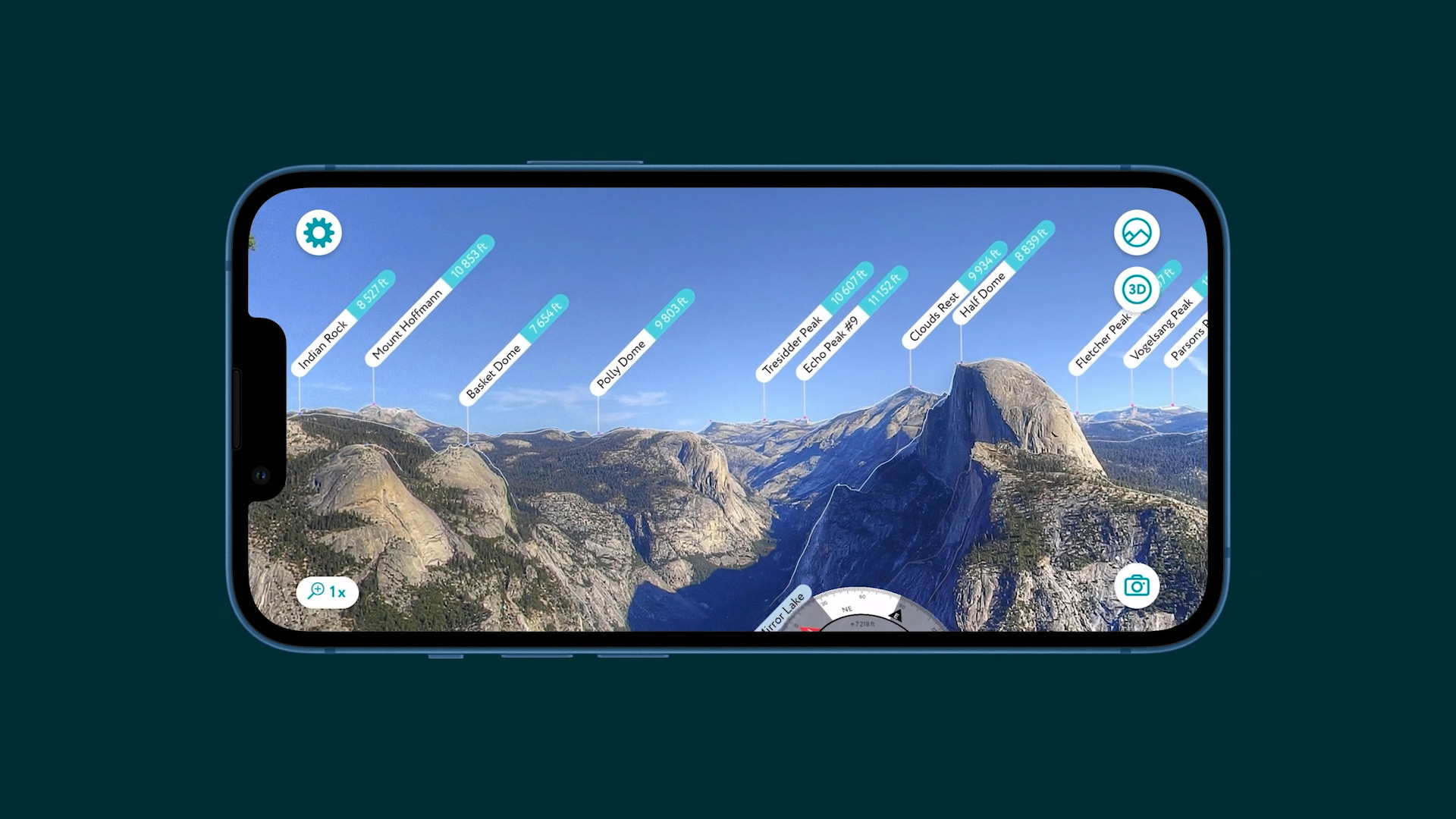
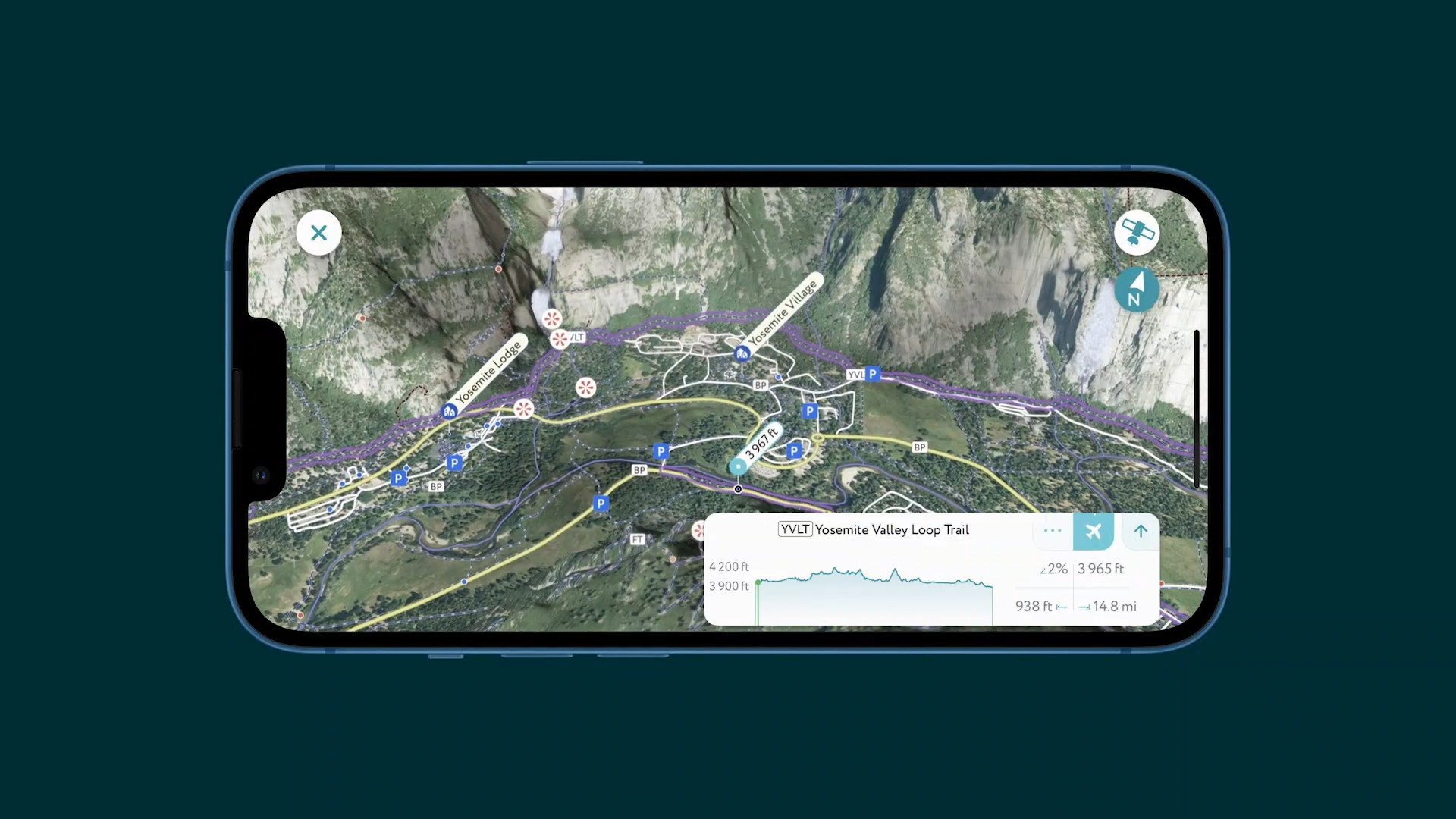
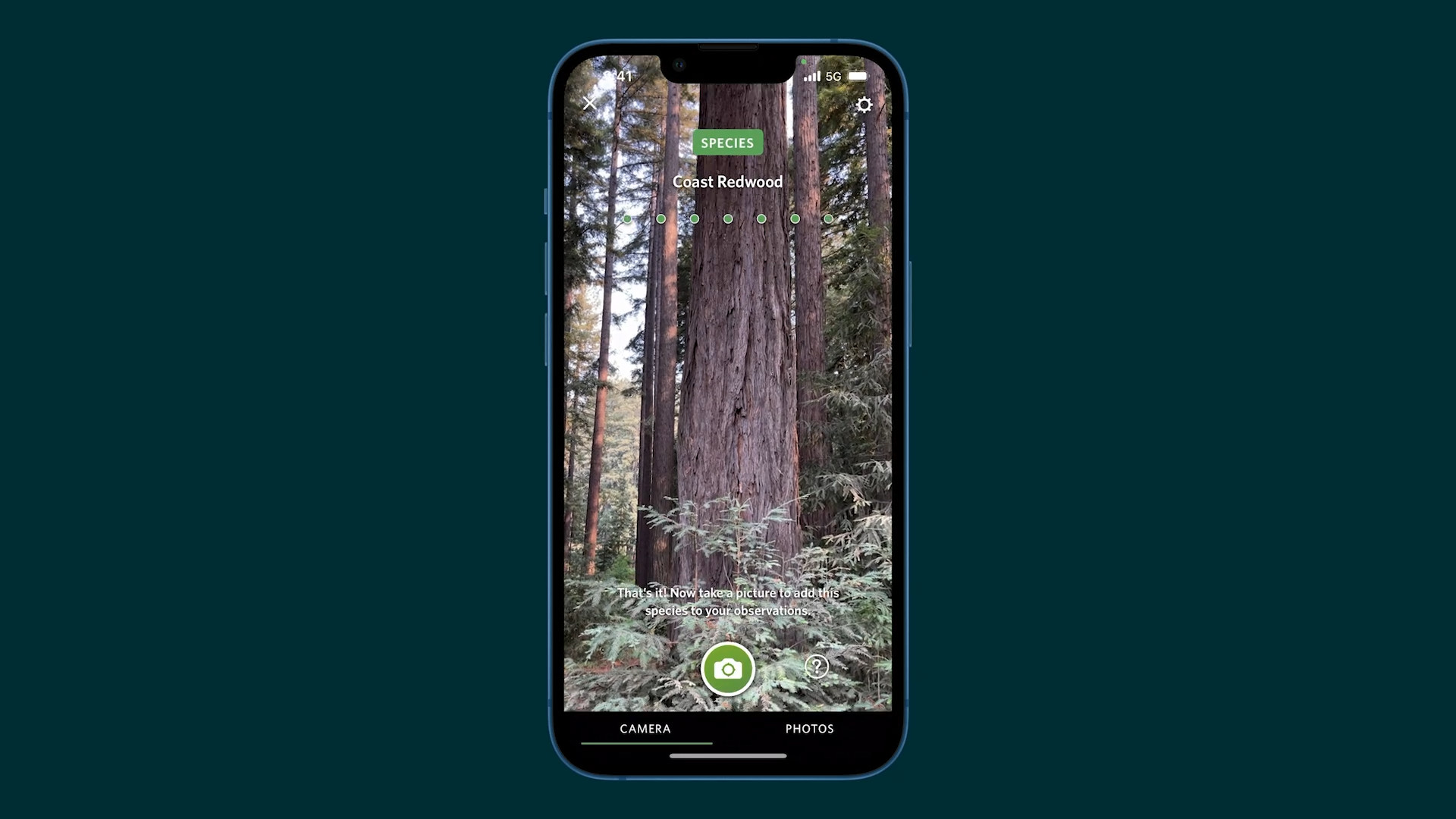
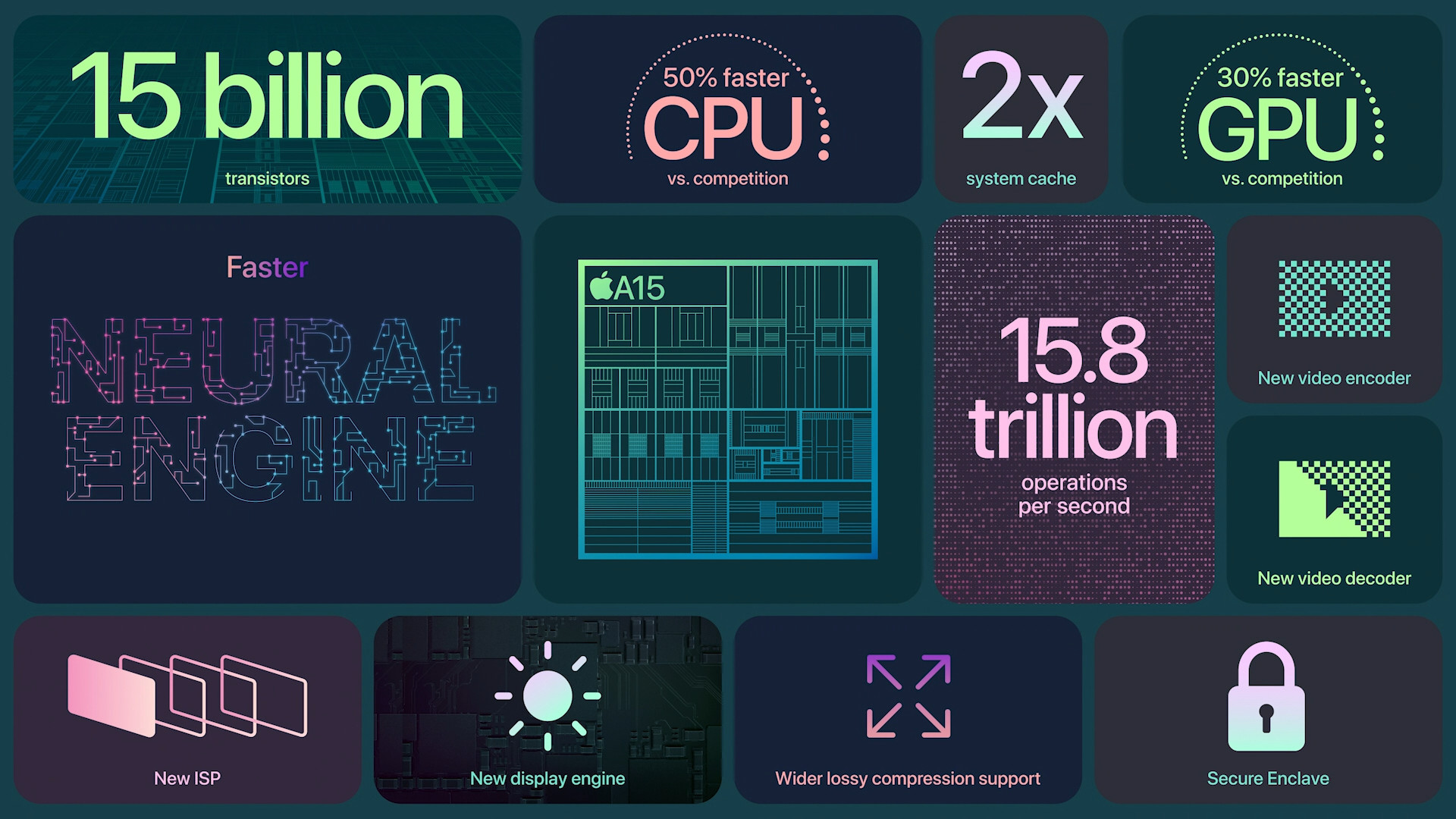
At the time of release, the iPhone is slightly ahead of the competing flagship, but as they age and use, the iPhone remains as fast as the competing flagship slows down.
But this is no longer the case. I have several old flagships at home, the oldest is the S6 edge. It still works great. The same S8 and Note 10. And I'm giving them a hard time.
Samsung is already cutting corners when buying :) :) . Never more . The phones may be inflated, but the system is a disaster. And I'm not talking about updates.
Nice advertisement for apples, and you can buy them here. Great
I buy a single Google pixel and no problem... If you buy a phone from the system creator, as Google or Apple do, it's always different, if it's a third-party product with a purchased system... That's the whole magic, you apple honey 😀
iPhones are bought by stupid rich people or poor stupid people.
And you're a fucking moron with a 5K cell phone
The opinion of a person who has never held an iPhone in his hand. I'm also a claimant, I didn't allow Android until I got a company iPhone 12. I miss some functions there, but I changed my opinion on the iPhone by 180°
I tested the pixel at work and the more it is from Google, the worse it gets ;-)
That's the stupidity of those who buy it, iPhones are not enough in performance and RAM capacity for anything serious, except for music and video, but there is a lower requirement for the quality of data transmission, for example, the iPhone slows down incredibly when navigating. It's for play, not work.
You're stupid, don't post anything here if you don't understand it